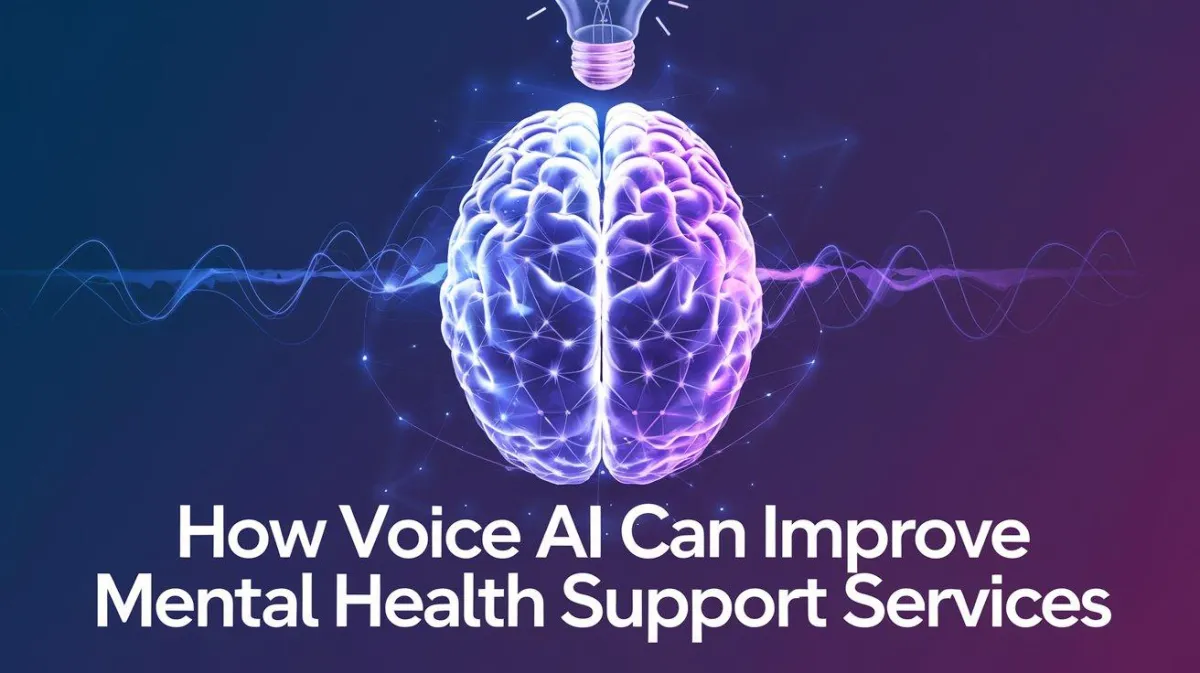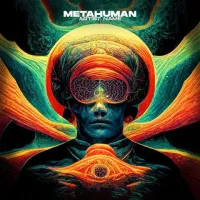
How Voice AI Can Improve Mental Health Support Services
How Voice AI Can Improve Mental Health Support Services
Mental health support has become more accessible with the rise of digital tools, but many people still face barriers such as cost, stigma, and availability. Voice AI is emerging as a powerful solution to bridge these gaps, offering 24/7 support, guided therapy exercises, and real-time emotional assistance. By integrating AI-powered voice agents into mental health services, individuals can receive help when they need it most.
The Role of Voice AI in Mental Health Support
Voice AI is transforming how mental health services are delivered. Unlike traditional chatbots or self-help apps, AI-powered voice agents provide a more human-like, conversational experience. They can listen, respond empathetically, and guide users through structured therapy techniques.
1. 24/7 Emotional Support and Crisis Assistance
One of the biggest advantages of voice AI is its availability. Mental health crises can happen at any time, and immediate support is crucial. AI-powered voice agents can:
Provide calm and reassuring conversations for individuals experiencing stress or anxiety.
Offer coping strategies such as guided breathing exercises.
Direct users to crisis hotlines or connect them with professional therapists if needed.
2. Guided Therapy Exercises
Many mental health challenges can be managed with structured exercises based on Cognitive Behavioral Therapy (CBT) or Mindfulness-Based Stress Reduction (MBSR). AI voice agents can:
Walk users through grounding techniques for anxiety.
Offer journaling prompts for self-reflection.
Provide daily affirmations and motivational messages to encourage a positive mindset.
3. Reducing Stigma Around Seeking Help
Some individuals hesitate to seek professional therapy due to stigma or fear of judgment. Voice AI offers a safe, private, and non-judgmental space where users can express their feelings without concern. This can help break down barriers and encourage more people to engage in self-care.
4. Personalized Check-Ins and Mood Tracking
Voice AI can analyze conversations to detect patterns in a user's emotional state. Over time, it can provide:
Personalized recommendations based on the user’s mood and past interactions.
Gentle reminders to practice self-care activities.
Alerts if negative patterns emerge, encouraging users to seek professional support.
5. Supporting Mental Health Professionals
While AI should never replace human therapists, it can serve as a valuable tool for mental health professionals by:
Collecting pre-session data on a patient’s mood and concerns.
Assisting with routine follow-ups to track progress.
Helping therapists manage caseloads by handling general inquiries and appointment scheduling.

Real-World Applications of Voice AI in Mental Health
Several companies and research institutions are already exploring voice AI in therapy and wellness programs:
Wysa – An AI chatbot that provides mental health support through voice and text interactions.
Replika – A virtual AI companion designed to engage users in emotional conversations.
Ellie by USC – A research-backed AI therapist that detects emotional cues from speech and facial expressions.
Challenges and Ethical Considerations
While voice AI has enormous potential, there are important considerations:
Privacy and data security – Sensitive conversations must be protected with strict encryption.
Limitations in crisis intervention – AI cannot replace human therapists in severe mental health cases.
Bias and inclusivity – AI models must be trained on diverse data to ensure inclusivity in mental health support.
The Future of AI in Mental Health Care
As technology advances, voice AI will continue to enhance mental health services by:
Offering more emotionally intelligent interactions.
Integrating with wearables to track stress levels and physical health indicators.
Collaborating with therapists to create hybrid AI-human therapy models.
Final Thoughts
Voice AI is revolutionizing mental health support, making it more accessible, personalized, and available around the clock. While it cannot replace professional therapy, it serves as an essential tool in providing guidance, emotional support, and structured exercises for individuals seeking help. With continued innovation, voice AI has the potential to reshape mental health care and offer hope to millions worldwide.
STAY UPDATED
Sign up to be the first to find out when we add new languages, new bots, new capablities, and more. We respect your privacy and will never share your information with any third-party vendors.
Sign up to be the first to find
out when we add new
languages, new bots, new
capablities, and more. We
respect your privacy and will
never share your information
with any third-party vendors.




